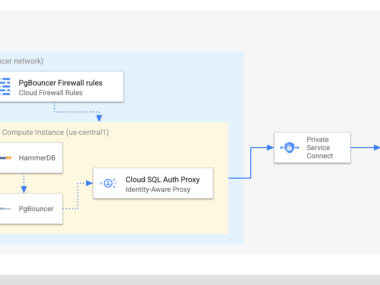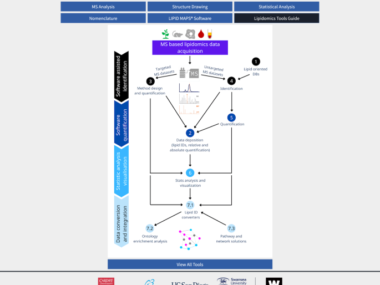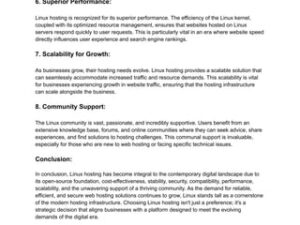Web hosting ensures your website’s data is stored and accessible online. Databases are essential for organizing and retrieving that data efficiently.
Any online presence must understand the link between web hosting and database management. Selecting the right web hosting service affects website speed, uptime, and scalability.
These are key factors for user experience and SEO rankings. Databases, often SQL or NoSQL, store and manage your site’s content, as well as user information and more.
They must be robust and reliable to support dynamic content and user interactions. A good website depends on a balance between good web hosting services. It also depends on optimized databases. This balance creates a solid foundation for any website.
It enhances performance and supports traffic growth. The importance of digital presence continues to grow. The synergy between these components directly correlates to online success.
Recent Shifts In Web Hosting
The digital landscape never stays still, and web hosting trends are no exception. The recent shifts in this dynamic sphere continue to shape our online experiences. They power websites and store data. Let’s dive into the latest movements revolutionizing web hosting.
Movement Toward Cloud-based Solutions
Cloud hosting has taken center stage in the hosting arena. The cloud offers flexibility, reliability, and scalability. This shift is due to the growing demand for data and applications that people can access on many devices.
As businesses grow, the ease of adjusting resources in real-time becomes key. Here are some core benefits of the transition to cloud-based solutions:
- Scalability: Adjust resources based on current needs.
- Cost-effectiveness: Pay only for the resources you use.
- Performance: Enhanced speeds and uptime.
- Security: Improved safeguards against data breaches.
Rising Importance Of Green Hosting
The push for sustainability is reshaping the web hosting ecosystem. Green hosting emerges as a pivotal concern among environmentally-conscious stakeholders. This eco-friendly approach minimizes the carbon footprint of servers and promotes energy efficiency. Key factors driving the green hosting trend include:
- Renewable energy: Use of wind, solar, and hydropower to run data centers.
- Carbon offsetting: Investment in environmental projects to balance emissions.
- Energy-efficient hardware: Advanced technology for lower power consumption.
- Cooling systems: Innovative designs to keep servers at optimal temperatures.
Embracing this green initiative serves a dual purpose: it protects the planet and resonates with eco-aware clients.
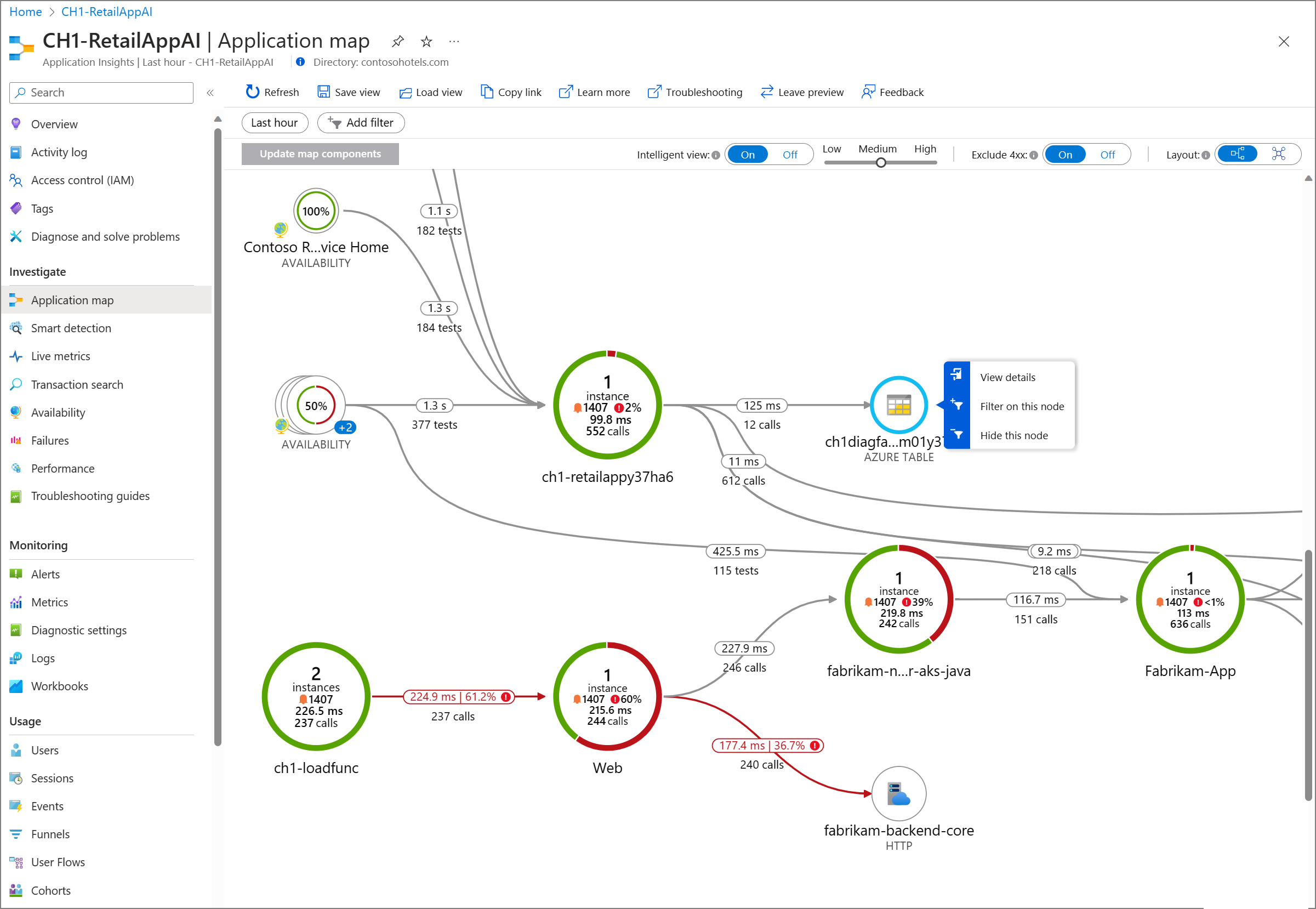
Credit: learn.microsoft.com
Database Trends Reshaping The Industry
Let’s dive into the Database Trends Reshaping the Industry.
These trends are changing how we store and manage data.
Popularity Of Open-source Databases
Open-source databases have caught everyone’s eye.
They offer flexibility and cost savings that appeal to businesses.
Big players like MySQL and PostgreSQL lead the pack.
Their strong community support drives their growth.
- MySQL’s user-friendliness wins over developers.
- PostgreSQL’s advanced features target enterprise needs.
Small companies can now access powerful database tools.
Adoption Of Database As A Service (dbaas)
DBaaS is rising as a go-to solution for database management.
It simplifies setting up and maintaining databases.
Businesses get to focus on their core products, not database management.
| DBaaS Benefit | Description |
|---|---|
| Cost-Effective | Pays for only what you use. |
| Scalable | Easily scales with business growth. |
| Managed Service | Experts handle the technical details. |
Popular platforms like Amazon RDS and Google Cloud SQL pioneer in this space.
Impact Of Artificial Intelligence
Artificial Intelligence (AI) has been a game-changer in many technology sectors. The evolution of AI led to this change. Its influence extends to web hosting and database management. It streamlines operations, improves efficiency, and enhances user experiences. The following sections dive into the specifics of how AI is making an impact.
Automated Database Management
AI-driven automation is revolutionizing database management. It simplifies tasks that were once labor-intensive. Let’s explore the benefits:
- 24/7 monitoring: AI systems keep an eye on databases around the clock, ensuring high availability and reliability.
- Anomaly detection: Machine learning algorithms detect and respond to unusual patterns that could indicate cyber threats or system failures.
- Performance optimization: AI tools analyze and enhance database performance, automatically adjusting resources to the current workload.
- Backup and recovery: Automated processes ensure data is safely backed up, and recovery is swift and reliable.
Ai In Web Hosting Optimization
Web hosting experiences a major uplift with AI integration. See how AI empowers hosting services:
- Load management: AI predicts traffic surges and manages server loads to prevent downtime.
- Security measures: Advanced AI security protects websites from malicious attacks and breaches.
- Customer support: AI chatbots provide instant help, improving user satisfaction.
- Resource allocation: AI algorithms dynamically allocate resources where needed, enhancing site performance.

Credit: enhancv.com
The Growth Of Edge Computing
Edge Computing marks a transformative leap in how data journeys across networks. As we embrace this evolution, web hosting and databases witness a major shift. Edge Computing brings data processing closer to the end-user.
The benefits are vast. They include speed, efficiency, and improved experiences. Let’s explore key insights of this progression. We will focus on Edge Hosting and Database Storage.
Edge Hosting For Reduced Latency
Edge Hosting plays a pivotal role in minimizing delay. It means quicker data delivery. Users enjoy seamless online interactions. Websites and applications respond in the blink of an eye. Providers now deploy servers at strategic locations near users. These regional nodes ensure rapid content loading, game-changing for industries reliant on speed.
Implications For Database Storage And Access
Edge Computing reshapes Database Storage and Access. It offers a novel approach to handle data. Traditional central databases evolve. Now, fragmented storage ecosystems emerge. They distribute data across multiple edge locations. This setup guarantees faster access and robust security. It benefits real-time applications and services significantly.
| Benefit | Description |
|---|---|
| Speed | Data travels less distance. Response times drop dramatically. |
| Efficiency | Localized data processing. It reduces bandwidth use and costs. |
| Experience | Users encounter fewer delays. Satisfaction climbs. |
- Immediate Insights: Real-time data analysis at the edge.
- Localized Actions: Quicker decision-making processes.
- Decreased Congestion: Lowered network traffic.
- Analyze data flow requirements.
- Select strategic edge locations.
- Deploy localized servers.
- Integrate with core systems.
- Monitor and optimize performance.
Security Concerns And Solutions
In the digitized realm, web hosting and database management are the spine of online operations. However, they are riddled with security issues. Cyber threats are an evolving challenge. It’s vital for businesses to bolster defenses.
Upgrades in security measures keep data safe and maintain user trust. Let’s explore some advanced security protocols for web hosting and database systems.
Enhanced Protective Measures For Web Hosts
Web hosts carry the responsibility of safeguarding client websites. As attacks grow more sophisticated, web hosts must adapt. To shield against risks, several enhanced protective measures play a crucial role.
- Firewalls – They act as the barrier against unauthorized access.
- Malware Scanning – Regular scans detect malicious software early.
- DDoS Protection – Defends the server from overwhelming traffic attacks.
- Security Patches – Timely updates fix vulnerabilities in server software.
Advanced Database Encryption Techniques
Databases hold the essence of sensitive information. Protecting this data is paramount. Encryption is the key. It turns data into unreadable code for unauthorized users. Here are some top encryption techniques:
- Transparent Data Encryption – It encrypts data at rest, preventing data extraction from physical theft.
- Column-level Encryption – Targets sensitive columns for encryption within a database, giving finer control.
- Encrypted Backups – Ensures even copies of the database are not left unprotected.
- SSL/TLS Encryption – Securely transfers data between servers and clients over the internet.
Predictions For The Near Future
As we peer into the horizon of web hosting and databases, certain trends stand out. These trends suggest exciting changes ahead. With technology advancing rapidly, here’s what we can anticipate.
Continued Expansion Of Cloud Hosting
Cloud hosting is set to grow even bigger. More businesses will store data online. Comfort with the cloud is increasing, and costs are decreasing. Users will enjoy faster and more reliable websites as a result. This expansion impacts website uptime and data accessibility, enhancing user experience.
- Greater storage options at lower costs
- Integration of advanced security measures
- Improved data management systems for businesses
Innovations In Database Scalability And Performance
Databases will become more powerful. They will handle more data and traffic with ease. Technological breakthroughs will ensure databases are more scalable, adapting to the needs of growing businesses. Performance boosts will make data retrieval lightning-fast.
| Feature | Improvement |
|---|---|
| Speed | Faster queries and transactions |
| Flexibility | Dynamic scaling options |
| Efficiency | Optimized resource usage |
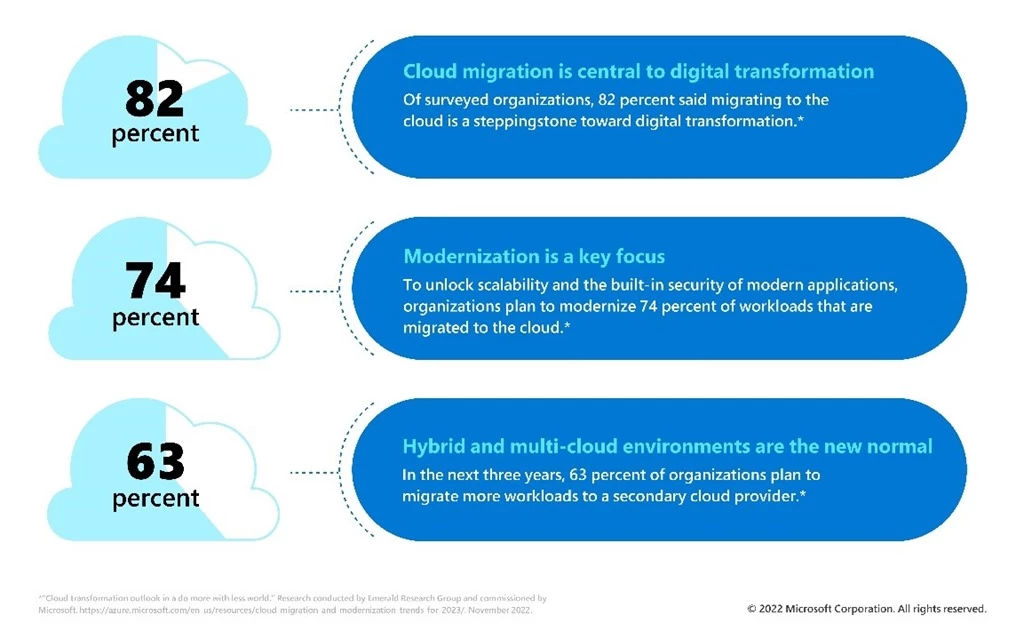
Credit: azure.microsoft.com
Frequently Asked Questions On Recap of Key Insights About Web Hosting & Databas?
What Is The Basic Overview Of Web Hosting?
Web hosting is a service. It lets organizations and individuals post a website or web page onto the Internet. Hosting providers allocate space on servers for websites to store data. This makes the websites accessible online through a unique domain name.
What Is The Purpose Of Web Hosting?
Web hosting provides a server to store website data, making it accessible online. It ensures websites are available for visitors 24/7.
What Is Database In Web Hosting?
A database in web hosting is a structured collection of data. It supports a website’s functions. It’s often stored on a hosted server for easy access and management.
Why Is Hosting A Website Important?
Hosting a website is crucial. It makes your site accessible online. It ensures it loads quickly and reliably for visitors. It provides the necessary resources and security for your website’s smooth operation.
Conclusion
Navigating the terrain of web hosting and databases can seem daunting. Yet, this guide provides the compass for success. Mastering these concepts is key for a robust online presence. We’ve explored essential tips and pitfalls to avoid. This equips you with the knowledge to make informed decisions.
Embrace these insights, and watch your website thrive in the digital ecosystem.

